T4K3.news
Apple's Call Screen feature falls short against Google's
A recent comparison shows Android 16's Call Screen outperforms Apple’s iOS 26 in functionality.
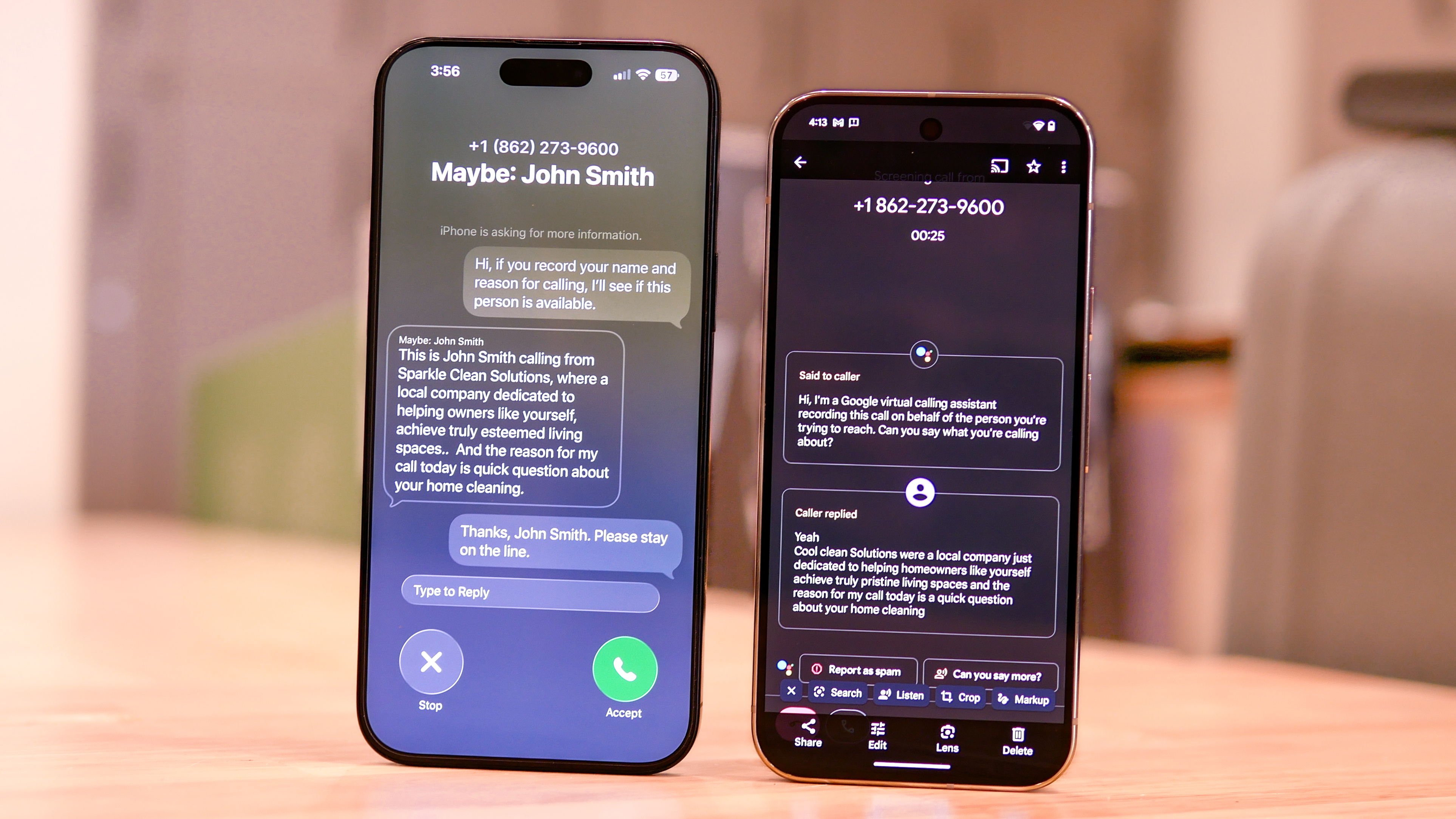
A detailed comparison of call screening features on iOS 26 and Android 16.
Call Screen features on iOS 26 fall short compared to Android 16
With the launch of the iOS 26 public beta, Apple unveiled its Call Screen feature, which aims to streamline how users interact with unwanted calls. In a head-to-head comparison with Android 16's Call Screen, the results show a clear advantage for Google. Both platforms focus on reducing spam and enabling users to understand the purpose of incoming calls. However, while iOS allows users to see real-time transcripts of messages, its responses lack sophistication. Conversely, Android 16 leverages Google Assistant to generate contextual responses, enhancing user experience with more tailored options.
Key Takeaways
"Call Screen in Android 16 is one of the best smartphone features around."
The author emphasizes Android's superior call screening technology.
"iOS 26 offers a good first step but lacks the intelligence users expect today."
This highlights the current limitations of Apple's approach to call screening.
The growing emphasis on AI in call screening showcases significant differences between Apple's and Google's approaches. Apple's initial version of Call Screen provides a basic experience that lacks the intuitive interactions found in Android 16. This disparity raises questions about Apple's AI capabilities and its future in the smart phone market. As competition intensifies, users will likely favor features that offer greater intelligence and responsiveness, underscoring the critical role of AI in enhancing everyday technology.
Highlights
- Android 16 sets the standard for call screening with smart responses.
- Apple's Call Screen needs a more intelligent upgrade to compete.
- AI is shaping how we handle phone calls in today's tech landscape.
- The battle of call screening reveals much about Apple's and Google's priorities.
Concerns over competitive technology landscape
The differences in AI capabilities between iOS and Android could impact market share and user satisfaction, reflecting potential backlash from loyal Apple users if improvements aren't made quickly.
The future of call screening will likely hinge on advancements in AI technology for both platforms.
Enjoyed this? Let your friends know!
Related News

Nothing Phone 3 Review Released
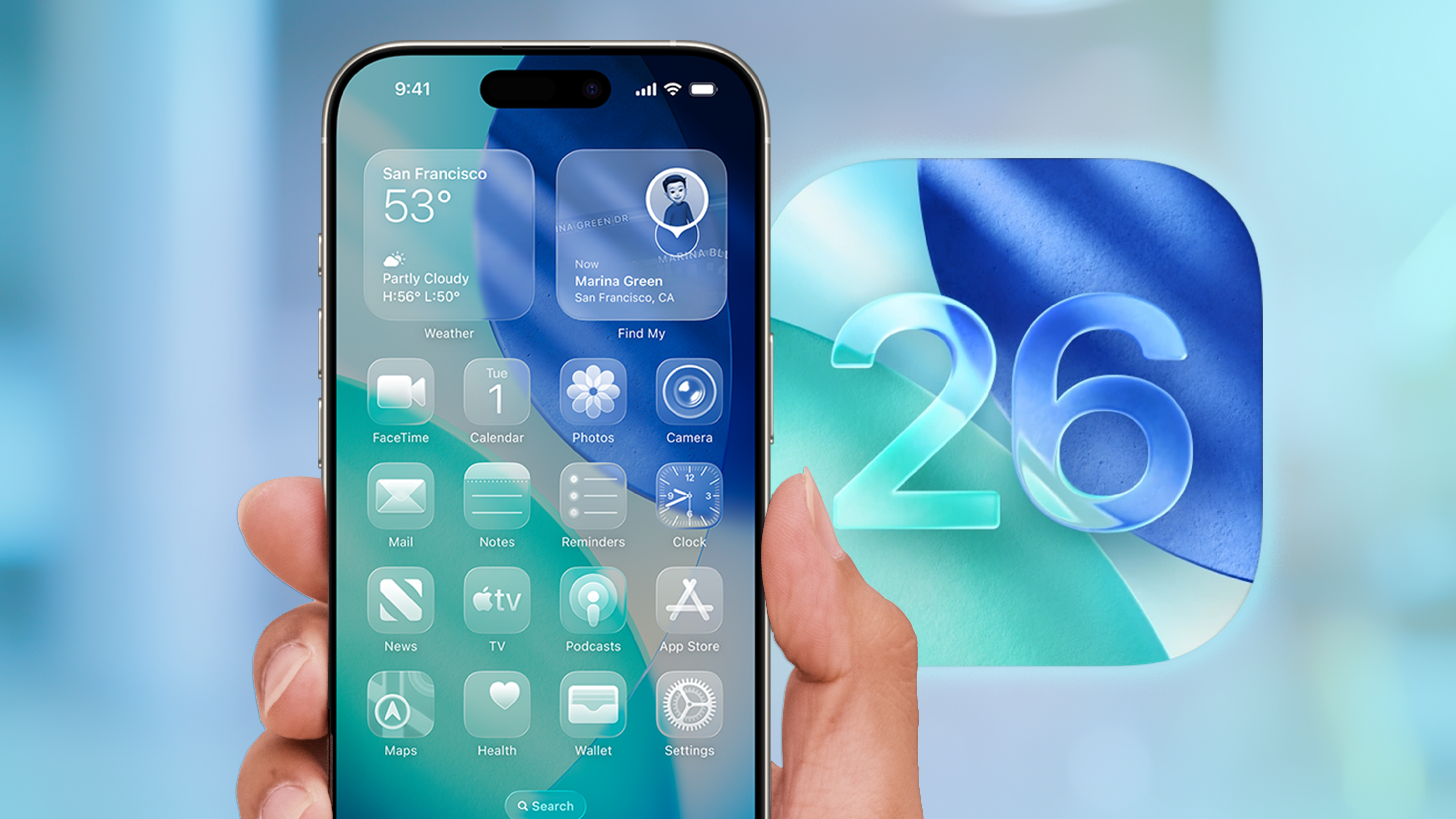
iOS 26 public beta is live
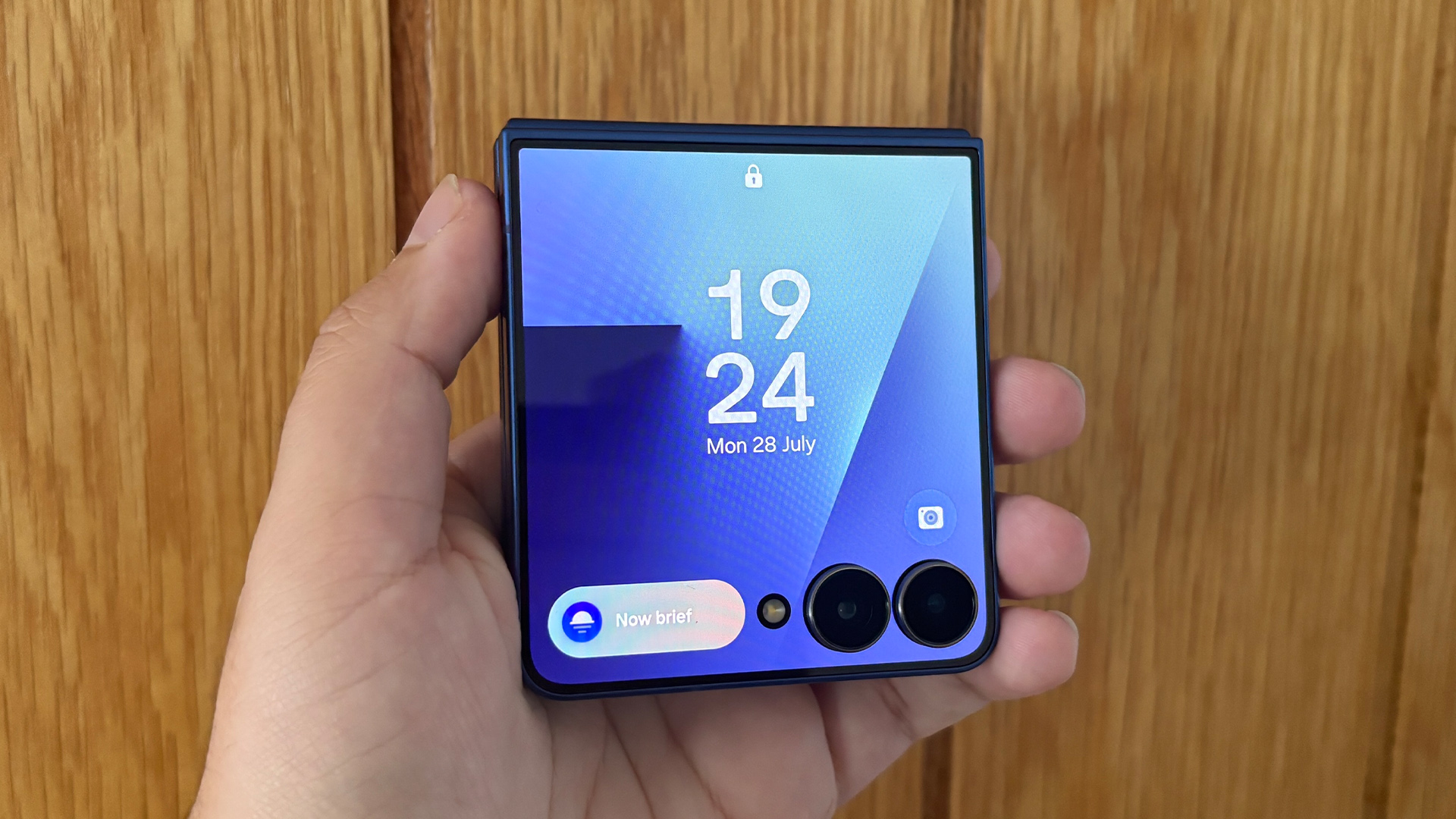
Samsung Galaxy Z Flip 7 now available
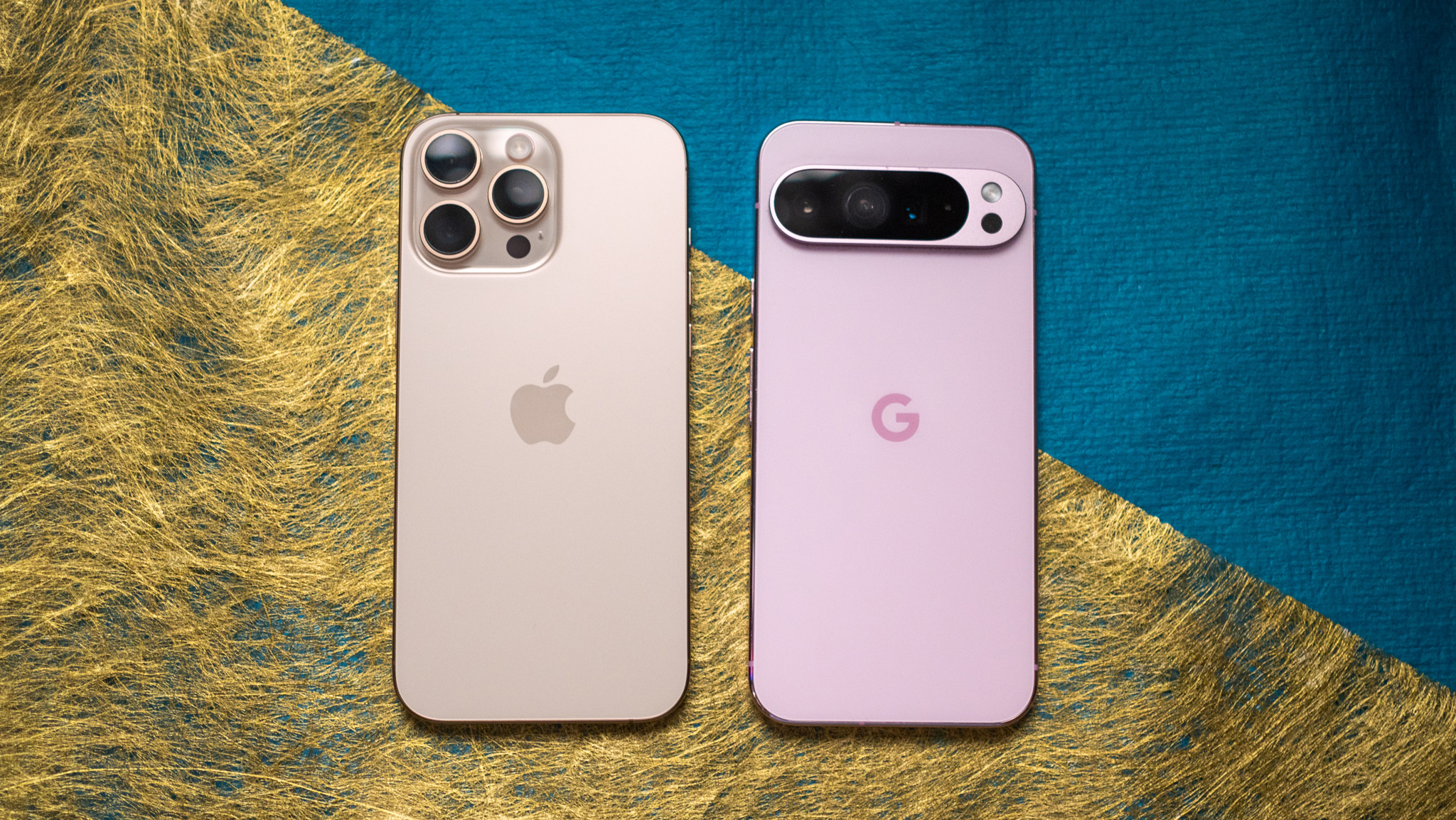
New Safari could challenge Chrome's market share
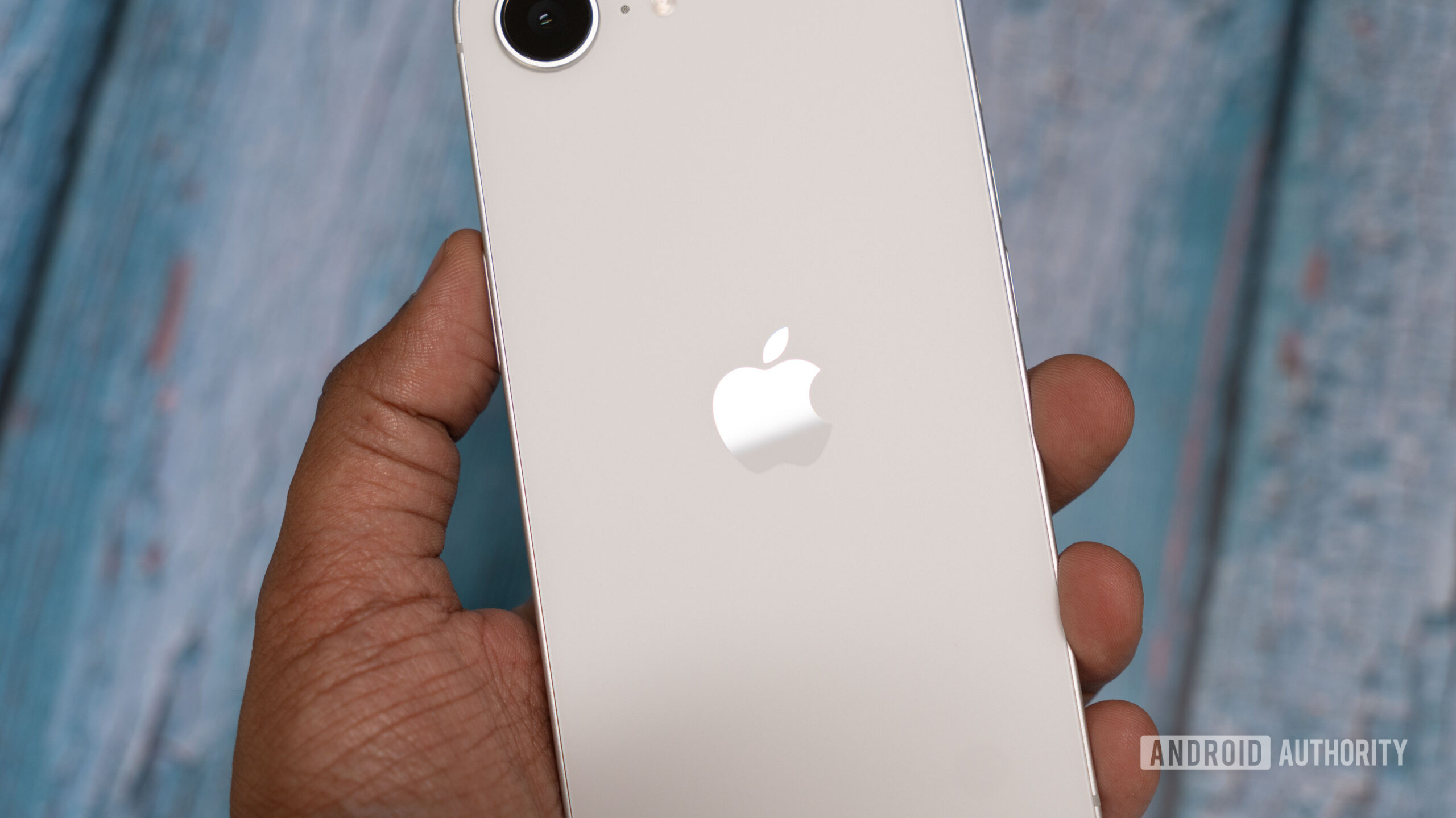
iPhone Fold may launch with smaller cover screen
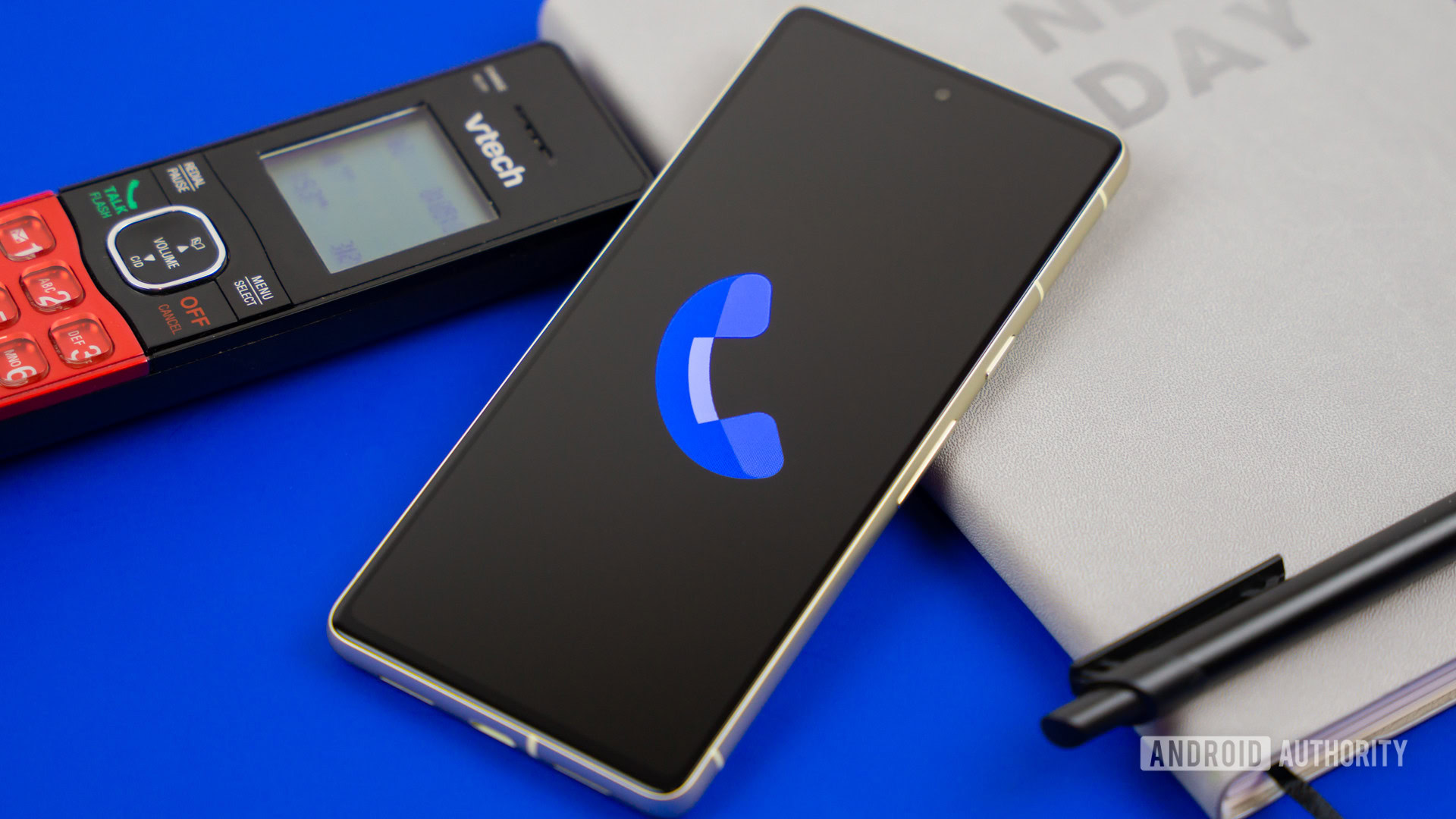
Google's Call Message feature gaining attention
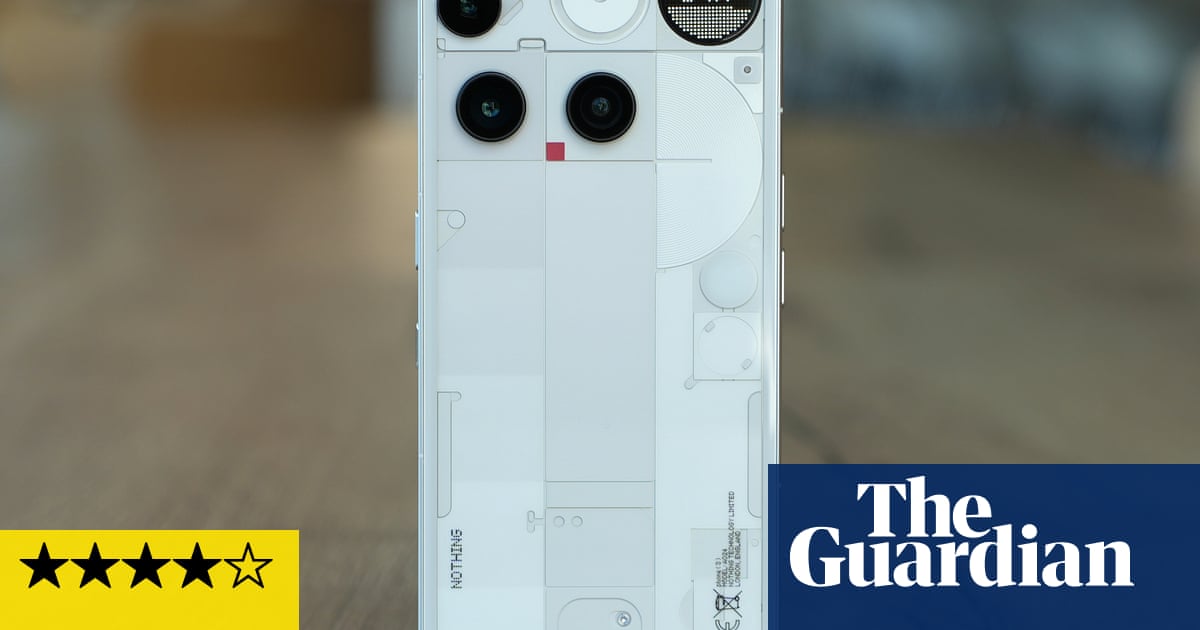
Nothing Phone 3 launched with unique design

Launch of Google Pixel 10 series set for August 20
